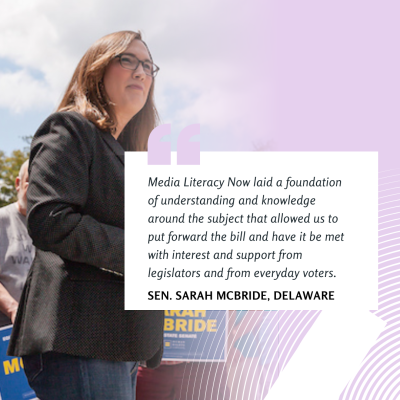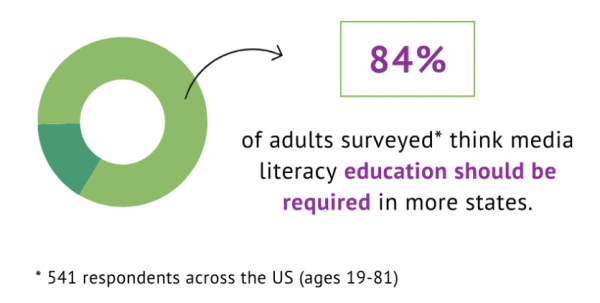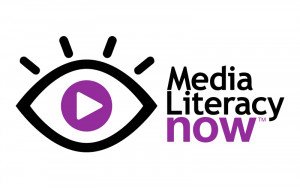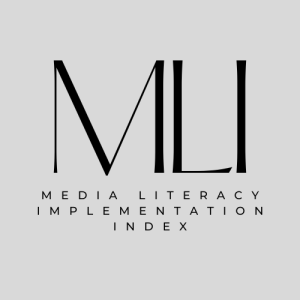Policymakers
It’s becoming increasingly clear to parents, educators, and concerned citizens that the school system must be updated to reflect the realities of today’s media-centric world. If children – and society at large – are to meet the challenges of a rapidly changing global communications environment, media literacy skills are imperative. Policymakers play an important role and Media Literacy Now can help you.
Policy approaches for media literacy education
Media Literacy Now, a 501(c)3 nonprofit organization, has advocated for statewide and national policies that ensure all K-12 students learn these essential 21st-century literacy skills. Ideally, all school districts would incorporate media literacy into all subjects at all grade levels. However, there are a number of potential policy approaches that will help us arrive at this ideal.
- Statutory laws mandating media literacy teaching in schools. Some state legislators are seeking to mandate media literacy lessons in schools – in some grade levels or at all grade levels– either as a standalone subject or incorporated into subject areas. In other approaches, state legislators seek a partial media literacy mandate in the form of social media literacy, digital citizenship, information literacy, news literacy, or another form of media literacy.
- Education standards. Media literacy education is being explicitly added to education curricular standards or frameworks for multiple subjects, including social studies, civics, science, health, technology, financial literacy, and English/Language Arts. This can be as a result of state legislative mandate or regulatory change.
- Funding. Washington, New Hampshire, and New Mexico are examples of states in which the legislature has appropriated funds for teacher training, statewide conferences, state-level coordinators, or directly for new projects initiated by schools or teachers.
- Instructional resource recommendations. Some states review instructional resources, showcase resources they believe are especially well-aligned with the state education standards, and make those resources conveniently available to schools and teachers.
- Other policies. Examples of laws or regulations include requiring professional development or pre-service teacher or librarian training or certification; hiring a media specialist in every school who is trained in media literacy pedagogy; or evaluating media literacy learning in schools.
- Local policies: School boards and administrators can adopt policies requiring media literacy.
Advocacy in Action
 Last year, Delaware became one of the first states to mandate media literacy for K-12 students! Senator Sarah McBride, one of the bill’s sponsors, shared that “the research and information on the MLN website was critical for our staff as they looked at what other states have already done and as they worked with me and Sen. Sturgeon to craft legislation.” We have a number of resources for policymakers – model bills, policy & state reports, and media literacy research & info.
Last year, Delaware became one of the first states to mandate media literacy for K-12 students! Senator Sarah McBride, one of the bill’s sponsors, shared that “the research and information on the MLN website was critical for our staff as they looked at what other states have already done and as they worked with me and Sen. Sturgeon to craft legislation.” We have a number of resources for policymakers – model bills, policy & state reports, and media literacy research & info.
Tool for Measuring Media Literacy Education in Schools
We’ve partnered with the Media Education Lab to encourage and support the use of the Media Literacy Implementation (MLI) Index, a survey that measures the prevalence of media literacy education in schools and communities. The MLI Index is an important tool to gather the data needed. Lawmakers, learn more about the MLI Index and how you can fund it in your state to ensure that education leaders have key data they need. MLI Index funding is also included in our model bill.
84% support required media literacy education in schools
A recent survey found that most people did not learn to reflect on media messages in school, and few learned to use media literacy skills when considering science news. Only 38% of survey respondents reported learning to analyze media messaging in high school. Most respondents – 84% – supported a requirement for media literacy education in schools.



